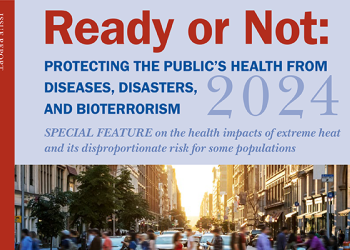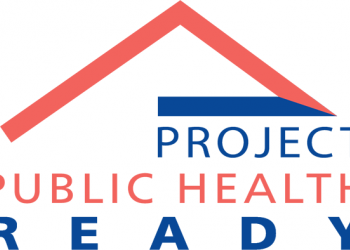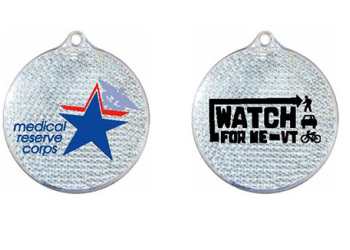By Shulamit Schweitzer, MHS, Senior Management Analyst, (contractor) HHS/ASPR, Division of At Risk Individuals, Behavioral Health, and Community Resilience, and Rachel Kaul, LCSW, CTS, Behavioral Health Team Lead, HHS/ ASPR, Division of At Risk Individuals, Behavioral Health, and Community Resilience
Public health and emergency response agencies across the country carry the privilege and responsibility of safeguarding the nation’s welfare during emergencies and disasters. This would not be possible were it not for the dedicated men and women trained to keep the public safe from a variety of threats and who are tasked to be efficient and effective during emergencies and other critical times. With these important responsibilities comes a frequently strained and stressed work environment. Research shows that challenging work brings with it stress reactions that, if unaddressed, can harm individuals, families, and communities and disrupt even the best organized workplaces.
Leaders, managers, supervisors and aspiring leaders all can play a role in supporting a resilient workforce and helping colleagues manage during intense times as well as when they transition back to steady state tasks and activities. A resilient workforce is one which can transition from normal operations to emergency operations and then back again in a way that minimizes employee health risks, stress reactions, and burn-out. Evidence attests that effectively managing stress can positively impact staff health/mental health, work productivity, and relationships.
This is why the Department of Health and Human Services and the Assistant Secretary for Preparedness and Response, in partnership with NACCHO, developed Psychological First Aid for Leaders (PFA-L). This free, 90-minute interactive and effective on-line training helps leaders at any level understand and address their staff’s stress risks and reactions and create a resilient workplace. PFA-L is based on the principles of Psychological First Aid which is an evidence-informed approach for assisting children, adolescents, adults, families, and responders in the aftermath of a disaster or emergency event. Organizations that work in emergency or disaster related areas such as public health, emergency response, hospitals and other healthcare organizations or even voluntary organizations that are active in disasters will find PFA-L useful. Supervisors and leaders will gain skills that will help build a resilient workforce which will in turn lead to less staff turnover, fewer work conflicts, increased productivity and effectiveness in service to the mission, and overall enhanced workforce development.
PFA-L is a scenario-based and exercise-driven course that also incorporates self-evaluation. Training topics include: Lead with Compassion and Care to Build Workforce Resilience; Stress Reactions in the Midst of Disaster Response; Core Components of PFA; Challenges and Opportunities When Providing PFA; When PFA is Not Enough; and Your Leadership Role in Providing PFA to Support Staff. Throughout the training, the trainee is presented with interactive activities representative of critical preparedness, response, and recovery responsibilities. Four teams representing operations, policy, medical countermeasures, and field deployment are depicted with accompanying scenarios and exercises throughout the course. Detailed profiles of each manager and team member allow the course trainee to follow individuals as they face a number of situations that highlight different stress risks and demonstrate PFA skills. After completing the training, leaders and supervisors will better understand how to take care of themselves and their colleagues and recover more quickly from incidents.
Don’t forget to complete the brief course evaluation at the end of the training so you can get your certificate of completion and also share your thoughts about this new learning opportunity!









